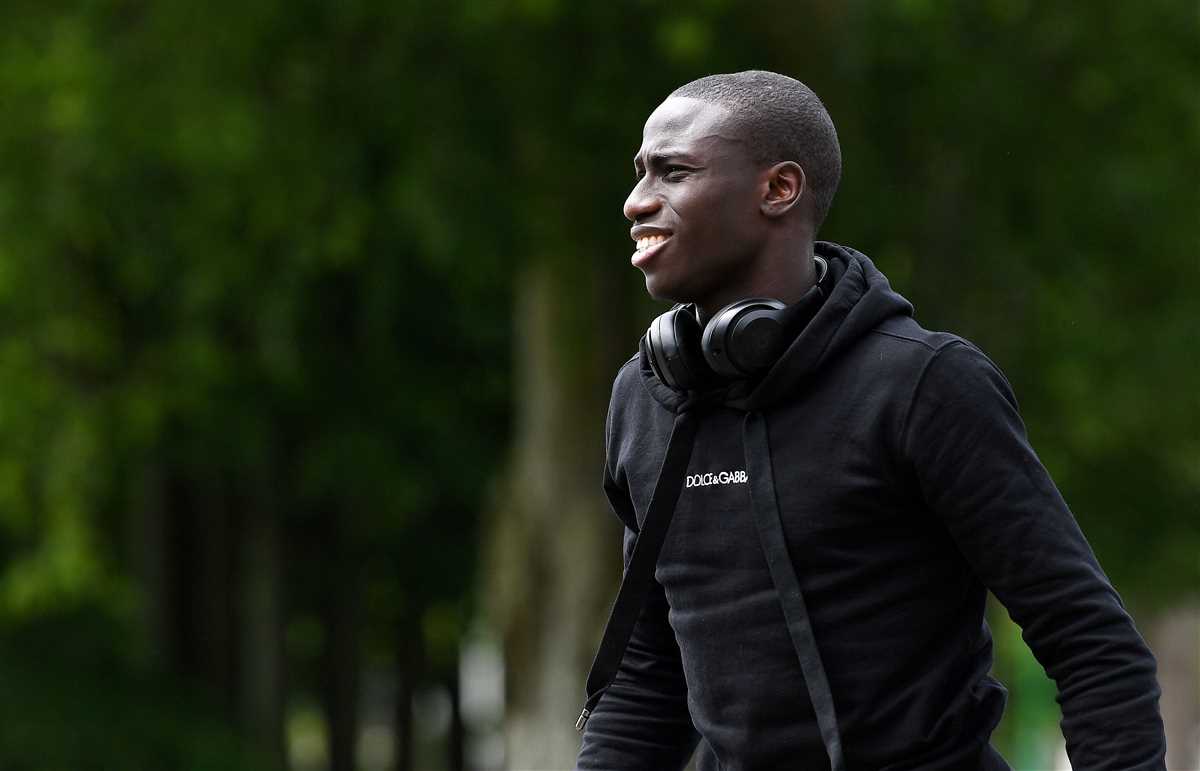In the world of elite soccer, the details of player agreements play a crucial role in shaping team dynamics and individual careers. This intricate web of arrangements encompasses various elements, including the terms of employment, duration, and financial aspects, which collectively influence a player’s professional journey.
Understanding the specifics of these arrangements offers insight into how top-level clubs secure their talent and manage their rosters. Each agreement is a carefully negotiated document that reflects both the ambitions of the team and the aspirations of the athlete.
In this exploration, we delve into the intricacies of these pivotal agreements, shedding light on the key factors that drive the negotiations and the impact they have on both parties involved. From the negotiation table to the field, the details of these arrangements are fundamental to the success and stability of professional soccer operations.
Understanding the Contractual Journey of a Prominent Footballer

Analyzing the contractual history of a prominent footballer involves delving into various phases of their professional agreements and negotiations. This section explores how different phases of contract signings and extensions can impact a player’s career trajectory and value in the sport.
- Initial Agreement: The first significant agreement typically marks the beginning of a player’s journey with a club. This initial phase often sets the foundation for their future in the sport.
- Renewals and Extensions: As the player progresses, renewing and extending agreements become crucial. These modifications reflect the player’s growth, performance, and value to the team.
- Transfer Deals: Movement between clubs is a common part of a footballer’s career. Transfer agreements provide insights into the player’s marketability and the club’s strategic interests.
- Negotiation Factors: Various factors, including performance metrics, market demand, and club strategies, play a role in negotiations. Understanding these elements helps in appreciating the dynamics behind contract discussions.
Each phase of a player’s contractual history offers a glimpse into their evolving role in the sport and the strategic decisions made by the clubs involved.
Key Terms in Player Agreements
Understanding the essential components of player agreements provides insight into the strategic decisions made by teams and athletes. These agreements often include various financial and performance-related stipulations that define the terms of engagement between the parties involved. Below are some critical elements commonly found in such deals.
| Term | Description |
|---|---|
| Transfer Fee | The amount paid by one club to another to acquire the player’s rights. |
| Salary | The annual compensation received by the player, typically paid in installments. |
| Performance Bonuses | Additional payments based on the player’s performance metrics, such as goals scored or matches played. |
| Release Clause | A specific amount that allows the player to be transferred if a club agrees to pay it. |
| Contract Duration | The length of time the player is bound to the agreement, including start and end dates. |
Impact of Player Agreements on Club Strategy

The nature and length of a player’s agreements with a club can significantly shape the team’s strategic decisions. Such arrangements influence not only the immediate tactical approaches but also long-term planning and financial management. By examining these impacts, one can understand how clubs navigate their future prospects and adjust their strategies accordingly.
- Financial Implications: Extended agreements often mean higher financial commitments. Clubs must balance these costs with their budget, impacting their ability to invest in other areas such as new talent or facilities.
- Team Composition: The presence of key players under long-term agreements can dictate the club’s tactical approach. Their playing style and skills become central to team formation and game strategy.
- Market Position: Long-term deals can affect a club’s position in the market. Successful players under such agreements can enhance the club’s brand and attract sponsorships, while underperforming players may lead to financial and reputational risks.
- Future Planning: The stability of having certain players secured for an extended period allows clubs to plan future transfers and team development with greater confidence. This stability can be a strategic advantage in maintaining a competitive edge.
In summary, the agreements a club holds with its players are not just contractual obligations but pivotal elements that influence strategic decisions on multiple fronts.




